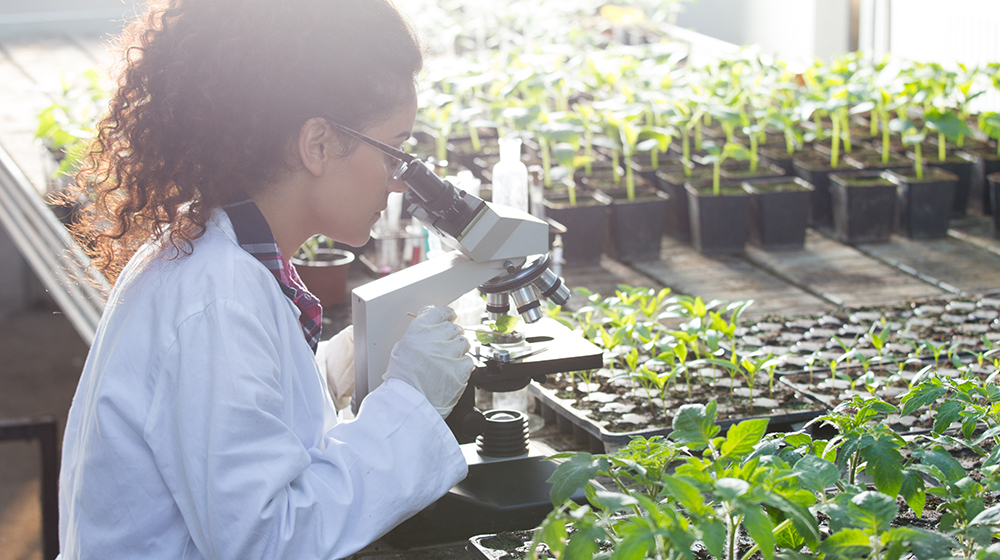Becoming World Leaders in Industrial Biotechnology

The Industrial Biotechnology Landscape Report: UK Industrial Biotechnology Framework and Strategy, released at the University of Sheffield on 31st October 2017, assesses the importance of Industrial Biotechnology (IB) for the UK economy and provides an analysis of IB in the UK relative to competitor countries.
Industrial Biotechnology (IB) is the use of biological resources to manufacture materials, chemicals and energy. IB can help overcome the challenges involved with moving away from a chemicals industry that is dependant on fossil fuels and pave the way for a greener chemicals industry.
The report, commissioned by four BBSRC Networks in Industrial Biotechnology and Bioenergy (BIOCATNET, C1Net, CBMNet, and P2P) and led by the Crossing Biological Membranes Network (CBMNet), University of Sheffield, sets out a course of recommendations devised to help the UK create a more sustainable and prosperous economy and become a world leader in Industrial Biotechnology.
In order to establish themselves as a world leader in IB, the report highlights the need for a plausible, long-term sector deal to support IB as part of the UK’s Industrial Strategy policy and makes clear its commitment to a more eco-friendly future.
IB companies currently employ 14,000 people in the UK and contribute £1.2bn in Gross Value added to the economy. However, it is estimated that the IB global market value could reach £660bn by 2025 and if the UK wants to have a sustainable future, it must secure its position in this developing sector of the economy.
The Future of IB in the UK
Representatives from SMEs, academics from fifteen universities, select multinational companies and civil servants from the Department for Business, Energy and Industrial Strategy (BEIS) collected to review the report’s findings and develop a plan to ensure a promising future for UK IB.
Acknowledging the restricted availability of raw materials required for manufacturing, the recommendations that arose from the discussion were that focussing on a regional approach to modular manufacturing and a focus on high-value products could lead the way to a sustainable, circular economy based on Industrial Biotechnology and Bioenergy.
Many believe that the academic community will have a role to play in the IB sector and will use the IB Landscape report to prompt future funding appropriation and influence policy relating to bioscience and biotechnology.
The full Industrial Biotechnology (IB) Landscape Report: UK Industrial Biotechnology Framework and Strategy Report is available on the CBMNet website.
2EA® are registered Low Carbon Energy Assessors, Consultants and ESOS Lead Assessors, offering both energy management and reduction services ranging from CCL/CHPQA Management to Energy Saving Opportunity Scheme (ESOS) and Carbon Reduction Commitment (CRC) consultancy.
For more information, please contact us either by email to info@2ea.co.uk or by calling 01293 521 350.
Source: https://www.nytimes.com/2017/07/13/magazine/seed-vault-extinction-banks-arks-of-the-apocalypse.html


